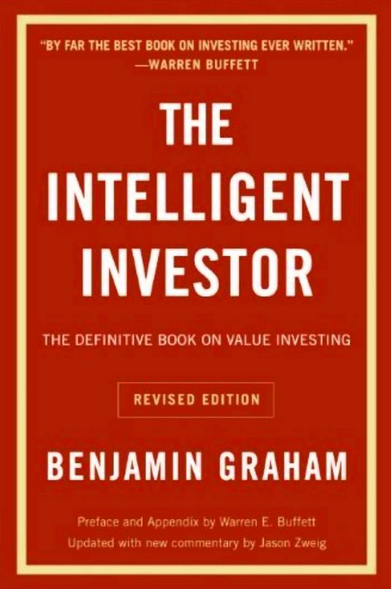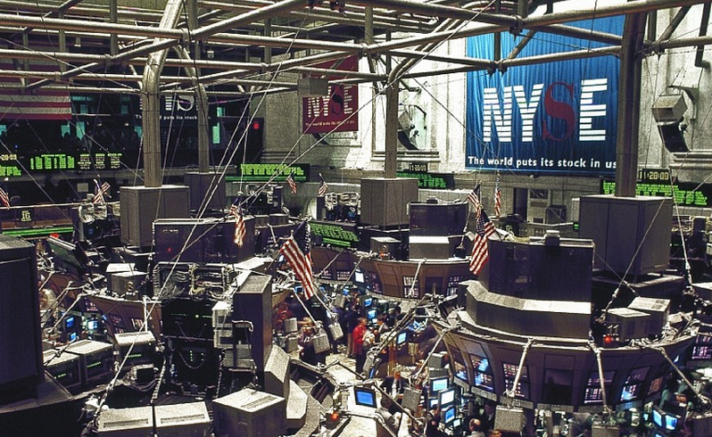“I don’t know anyone who has made money investing in stocks,” is what I was just told.
For the most part I’d agree… I know of very few people who have made money in stocks.
So how do people make money investing?
What about real estate? I bet there are several people you can think of that have made money with real estate investing.
What about business? There’s probably even more people you know that have made money by investing in their own business.
So… what’s the point?
The more work you put into an investment, the better the returns.
Stocks can be bought with a simple phone call or click of the mouse – very little work can go into purchasing a share of a company.
Real estate takes several months at the minimum. There is lots of time to ensure that you are making a good decision and plenty of opportunity to back out of the deal.
Running a business is the most labor intensive, requiring blood, sweat and tears – as any business owner knows. The rewards, however, are much more calculated and predictable.
So, we can see here that stocks (requiring the least amount of effort) and a business (requiring the most amount of effort), will return corresponding amounts of yield.
Little effort = little (or negative) return.
Large effort = large return.
This idea is so simple and straightforward. But, surprisingly, followed by very few. In the book The Intelligent Investor, which Warren Buffet calls, “By far the best book on investing ever written,” Graham articulates this idea:
In the book The Intelligent Investor, which Warren Buffet calls, “By far the best book on investing ever written,” Graham articulates this idea:
“The rate of return sought should be dependent, rather, on the amount of intelligent effort the investor is willing and able to bring to bear on his task.”
He continues to tell us the difference between the two types of investors – the ones that I explained above:
“The minimum return goes to our passive investor, who wants both safety and freedom from concern.” (The mouse clicking stock investor.)
“The maximum return would be realized by the alert and enterprising investor who exercises maximum intelligence and skill.” (The hard working business owner.)
This is all a “no duh” type of concept. However, not until every investor pounds this rule into their head, money will continue to be placed in poor investments.
However, not until every investor pounds this rule into their head, money will continue to be placed in poor investments.
So, with that in mind, we can make a simple assumption:
Unless you are willing to put in significant due diligence towards any venture, you’d be better off doing nothing. Likewise, action without back-end research will put you in a position worse off than before you started.
Lastly, it’s important to point out that the amount of return you get doesn’t necessarily correlate to the risk that you take. A simple, and wrong, assumption is that you will get lower returns with a ‘safer’ investment; you will get higher returns with a ‘riskier’ investment.
Both of those assumptions are completely incorrect.
For example, governments are offering negative interest rate bonds right now. Not only does the ‘investment’ actually return you less money than you first started with, but it’s actually quite risky as there is a legitimate chance these countries may default on their debt.
***See Argentina. And Greece. And Venezuela. And…
On the other end of the spectrum, there are many mining companies currently trading on the stock market that have more physical value in their company than their actual market cap. That means that if you added up all their tractors, real estate and money in the bank, the total would be worth more than what their share price indicates – a true value investment.]Monday I’ll have the ‘how-to guide’ for acquiring valuable assets for rock bottom prices… 




